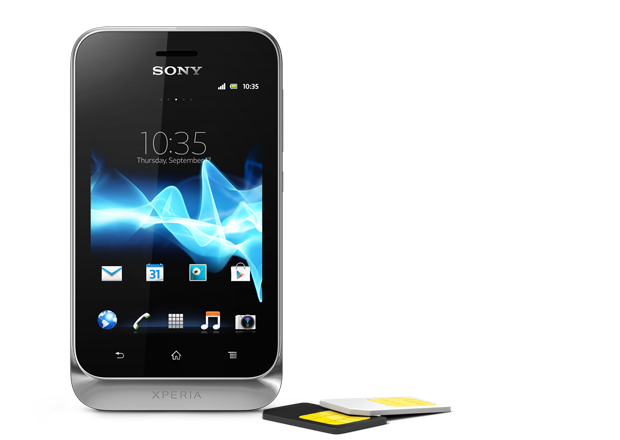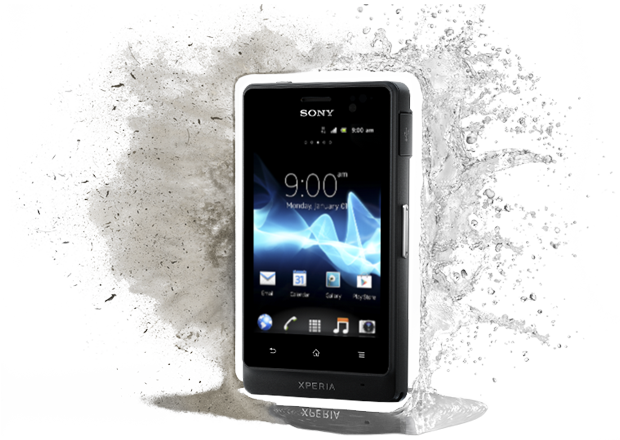Fill it early
Fill up your vehicle's fuel tank during early morning. when the ground temperature is still cold. All fuel stations have their storage tanks underground,the colder the ground, the denser the fuel is, When it gets warmer, fuel expands. So, buying in the afternoon or in the evening, your one liter is not exactly a liter. Fuel evaporates faster than you can imagine.
Check your tire pressure
Tires lose air due to time (about 1 psi per month) and temperature (1 psi for every 10 degree drop) under-inflated tires have more rolling resistance.which means you need to burn more fuel to keep your vehicle moving. For every two PSI that your tires are below the recommended level. you lose 1% on your mileage. Be sure to check them when they are cold. since driving warms up the tires along with the air inside them. which increases pressure and gives a falsely high reading. Check the pressure in your spare too.
Check your air filter
A dirty air filter restricts the flow of air into the engine, which harms performance and economy. Air filters are easy to check and change, remove the filter and hold it up to the sun. lf you can't see light coming through it. you need a new one. Consider a permanent filter which is cleaned rather than changed, they are much less restrictive than throw-away paper filters, plus they're better for the environment.
Straighten Up
Poor alignment not only causes tires to wear out more quickly, but also forces your engine to work harder. Align your tires, and save up to 10%.
Tune Up
When was your last tune up? A properly maintained engine can improve mileage by up to 4%.
Accelerate with care
lf you accelerate to speed then have to brake right away that's wasted fuel. For every 8 kph you reduce highway speed. you can reduce fuel consumption by 7%.
Lighten Up
For every 50 extra kgs carried around, your vehicle loses 1 to 2% in fuel efficiency. Don't drive around with too much junk in the trunk.
Don't Idle
Besides causing pollution. idling wastes fuel. If stopped for more than 30 seconds, turn off the engine, and don't bother to "warm up" your car before driving. it is not necessary.
 |
| http://www.twylah.com |
Look ahead
Look well ahead in the traffic to predict when you might need to stop or slow down. This way you can avoid or minimize heavy braking then accelerating again. Not only does this save a massive amount of fuel. but also reduces wear and tear and is much safer because you notice what's going around you. You drive more smoothly, not ‘fighting’ your way through the traffic.
Don't fill up if you see the tanker!
If you happen to see a fuel tanker filling the tanks at your local fuel station, come back another day or go to a different station. As the station's underground tanks are being filled. the turbulence can stir up sediment. Sediment in your fuel can clog fuel filters and fuel injectors, causing poor performance and possibly necessitating repairs.





















